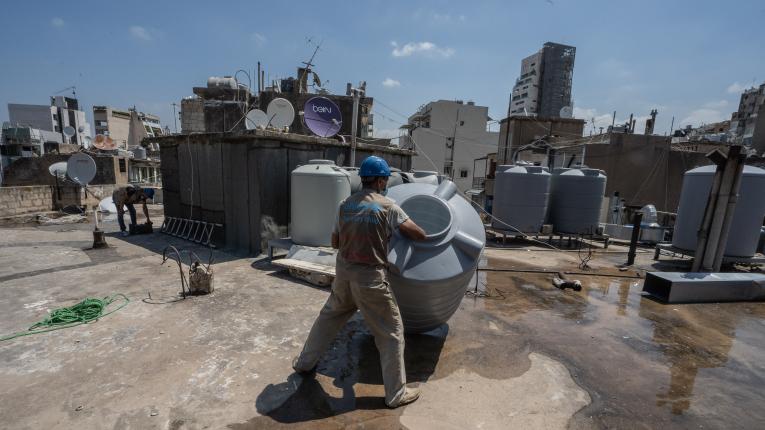Lebanon is facing severe water problems, including pollution, scarcity, and mismanagement. In this challenging situation, International Non-Governmental Organizations (INGOs) are playing a vital role in solving the country’s water issues. With their expertise, experience, and resources, INGOs are helping to improve the water situation in Lebanon and ensure access to safe and sustainable water for all.
What are INGOs?
INGOs are non-profit organizations that operate independently of governments and have a global focus. They work to address various social, economic, and environmental issues in different countries around the world. INGOs have been active in Lebanon for decades, working on various issues, including water.
The Role of INGOs in Solving Water Problems in Lebanon
INGOs are making significant contributions to solving the water problems in Lebanon. Here are some of the ways in which they are helping:
- Water Treatment and Infrastructure Development
INGOs are providing technical assistance and resources to help develop water treatment facilities and improve the water distribution network in Lebanon. For example, the NGO Oxfam is implementing water projects in several parts of Lebanon, including water supply systems, rainwater harvesting, and wastewater management.
- Public Awareness and Education
INGOs are raising awareness among the public about the importance of water conservation and hygiene practices. They are conducting campaigns and workshops in schools, communities, and health centers to promote better water use and management. For example, the NGO UNICEF is working with local partners in Lebanon to improve access to safe drinking water and sanitation facilities in schools.
- Advocacy and Policy Reform
INGOs are advocating for policy reforms and regulations to address water problems in Lebanon. They are working with the government and other stakeholders to improve water management policies, promote transparency, and reduce water pollution. For example, the NGO Greenpeace is campaigning to prevent the dumping of untreated sewage into rivers and the Mediterranean Sea.
Conclusion
INGOs are playing a vital role in solving water problems in Lebanon. Their contributions in developing water infrastructure, raising awareness, and advocating for policy reforms are critical to addressing the water crisis in the country. By working together with the government, local communities, and other stakeholders, INGOs can help ensure access to safe and sustainable water for all in Lebanon.

